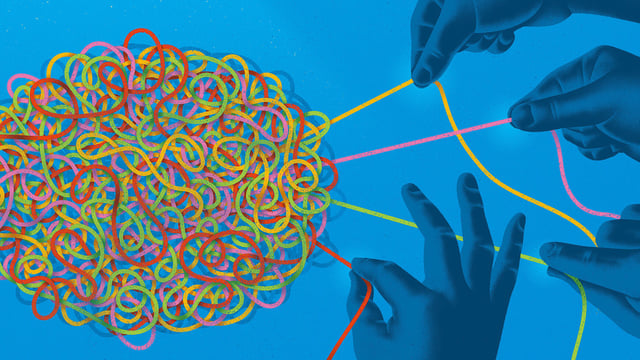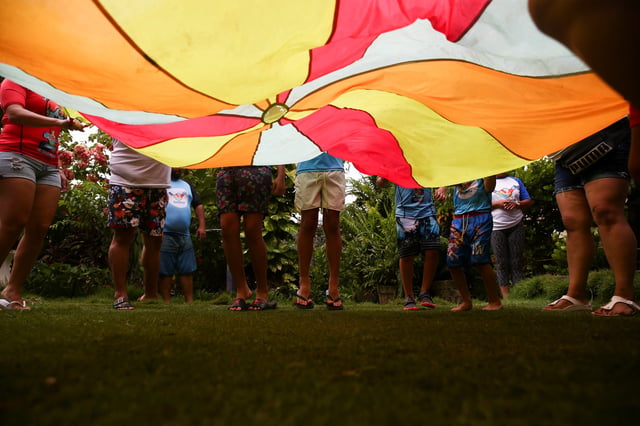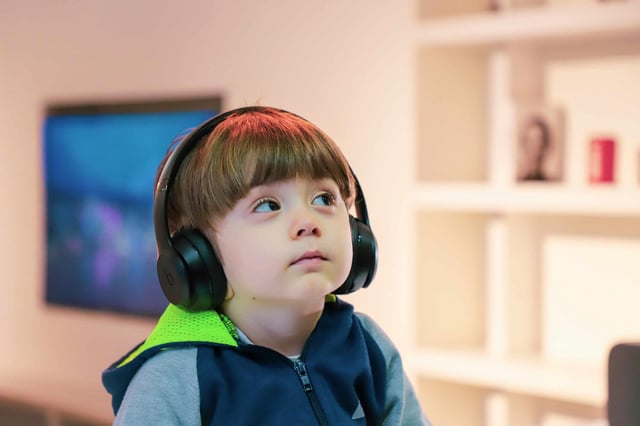Overview
- Princeton University and Simons Foundation researchers analyzed genetic sequences and behavioral data from more than 5,000 children in the SPARK autism cohort to uncover distinct subtype patterns
- The four categories—Social and Behavioral Challenges, Mixed ASD with Developmental Delay, Moderate Challenges and Broadly Affected—are each linked to unique genetic mutations and developmental trajectories
- Children in the Social and Behavioral Challenges group (37 percent of participants) often reach developmental milestones on schedule but face co-occurring conditions such as ADHD, anxiety or OCD
- Standard genetic testing currently explains only about 20 percent of autism cases, underscoring the need for the deeper genomic insights this framework provides
- Researchers are now validating these subtypes in more diverse populations and working to integrate the classification into clinical practice for earlier diagnosis and personalized care



